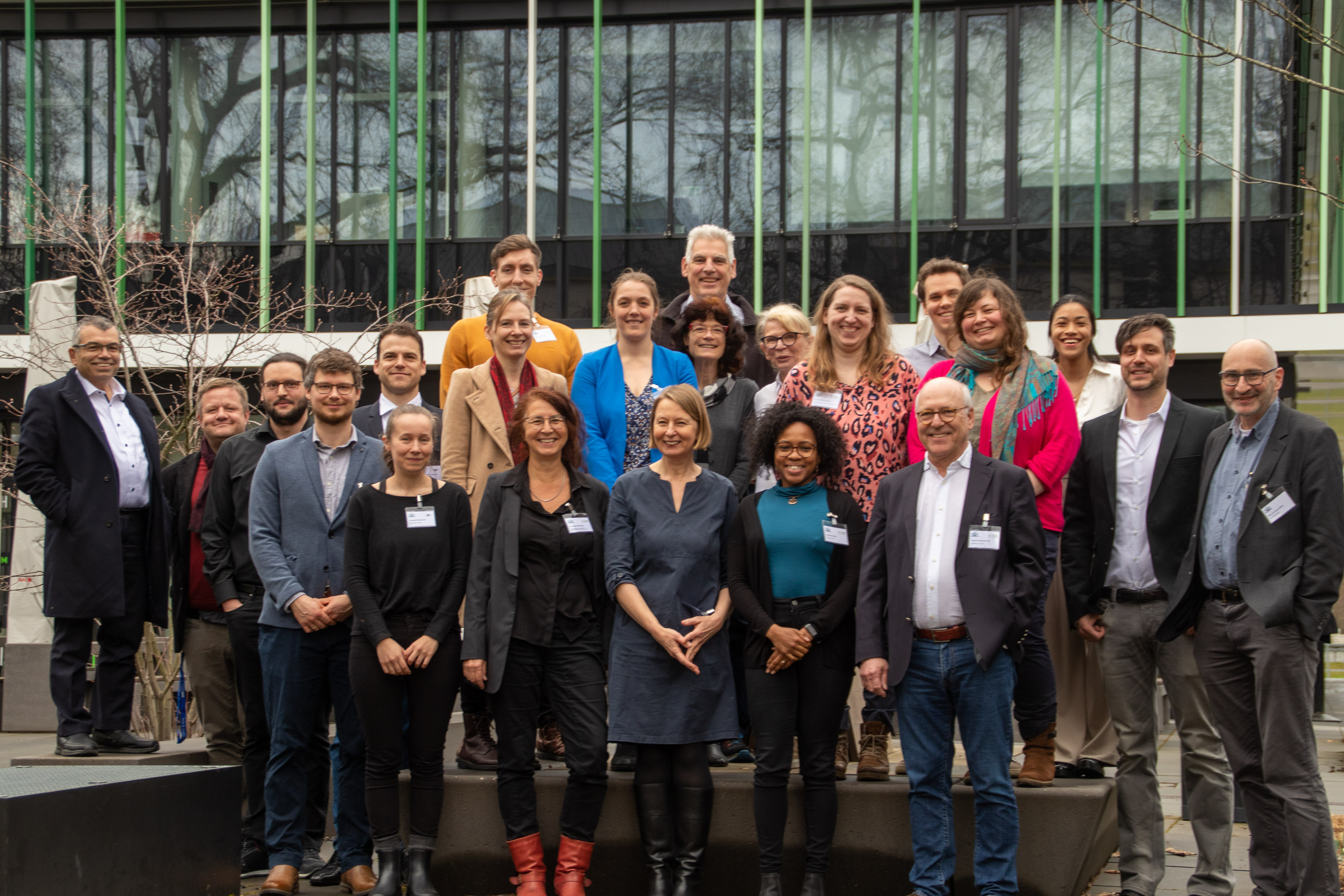New ways to fight cancer
The Technische Hochschule Mittelhessen - University of Applied Science (THM) receives a grant of 4.8 million euros to create the LOEWE Rsearch Cluster ADMIT. Together with the partners Philipps University Marburg and Justus Liebig University Gießen (JLU) as well as other research institutions and companies from Germany and the USA, new imaging methods for the diagnosis and therapy of tumor diseases are to be developed and applied.
The scientific coordinator is Prof. Dr. Boris Keil from the Institute for Medical Physics and Radiation Protection in the Life Science Engineering Department at THM and, on behalf of Prof. Dr. Susanne Knake from the Department of Medicine at the Philipps University of Marburg and deputy director of the Department of Neurology at the University Hospital Gießen -Marburg.
LOEWE is the Hessian programme for promoting cutting-edge research. The abbreviation stands for State Offensive for the Development of Scientific and Economic Excellence. The approved project “Advanced Medical Physics in Imaging and Therapy” (ADMIT) is part of the 16th funding phase and has a project period from January 2024 to December 2027. In addition to Keil and Knake, working groups led by Prof. Dr. Klemens Zink (LSE Department and Marburg Ion Beam Therapy Center MIT) and Prof. Dr. Martin Fiebich (LSE Department) from THM, from the Department of Medicine at Philipps University around Prof. Dr. Rita Engenhart-Cabillic (visiting professor, former director of the Department of Radiation Therapy and MIT), Prof. Dr. Sebastian Adeberg (Director of the Radiotherapy Clinic at UKGM, MIT), Prof. Dr. Andreas Mahnken (Director of the Radiology Clinic at UKGM) and Prof. Dr. Kai-Thomas Brinkmann from the II Physics Institute from JLU was involved.
Cancer and neurodegenerative diseases are major societal challenges. The World Health Organization predicts a steady increase in the number of diseases that threaten to become the leading cause of death in industrialized countries. Imaging methods are mostly used for diagnostics today. About every second cancer patient is treated with radiation therapy during the course of the disease. There is therefore a great need for research and development in the field of diagnostics and therapy in order to fundamentally research new applications and quickly implement new scientific solutions in clinical applications for the benefit of patients.
“The core idea of the ADMIT project is that through the development of new medical physics methods, image-guided therapy can be improved and re-explored in some areas,” explains coordinator Prof. Boris Keil. The integration and implementation of novel scientifically viable approaches should take place in the synergistic areas of data processing, imaging and therapy, primarily in the areas of radiology, oncology and neurology. He is looking forward to the significant support and to the official start of the project in January in an already well-coordinated, cross-institutional team.
Prof. Dr. Matthias Willems, President of THM, sees the decision for the project led by his company as a sign of the research strength of universities of applied sciences. “There are four important projects that were selected for this funding line, and we can be proud to be part of them thanks to the extraordinary commitment of everyone involved,” said Willems. “Through the ADMIT Rsearch Cluster, internationally visible, competitive and socially highly relevant, application-oriented research work is bundled and sustainably secured in Hesse.” He also hopes that the project will lead to better diagnostics of diseases that are often serious in the long term. “So it has a very direct benefit for patients,” praises the President.

